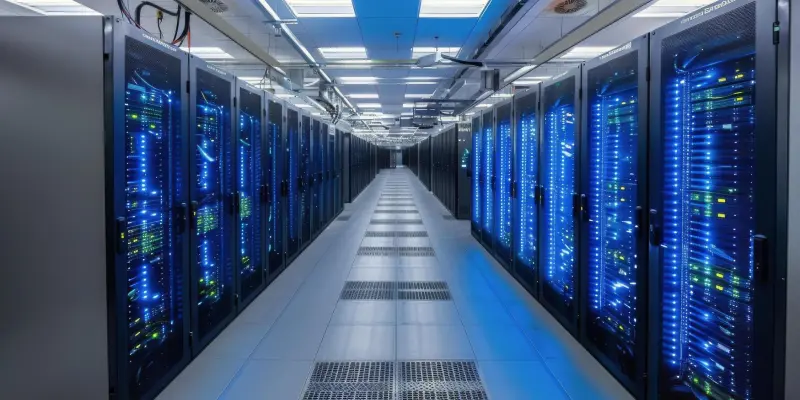The world of technology has been abuzz with recent revelations involving Elon Musk and his apparent efforts to hinder OpenAI’s involvement in a major data center project in the UAE. This ambitious undertaking revolves around a substantial 5GW data center campus announced under the leadership of former President Trump, now spearheaded by the Emirati AI firm G42. As OpenAI sets its sights on utilizing a segment of this campus for a Stargate cluster in collaboration with tech heavyweights Oracle and SoftBank, it finds itself entangled in a web of competitive dynamics. The motivations behind Musk’s interference are rooted in a longstanding rivalry with OpenAI’s CEO, Sam Altman, underscored by past investments and ensuing legal disputes. This backdrop of corporate competition unfolds amid high-stakes political and business interactions between the United States and the UAE, providing a complex tapestry of interests and alliances.
The Rivalry Unpacked
Elon Musk’s resistance to OpenAI’s venture into the UAE data center space largely stems from his historical tensions with Sam Altman. Both titans of the tech industry, Musk and Altman have frequently found themselves on opposing sides, with friction stemming from Musk’s early investments in OpenAI that eventually transitioned into public disagreements. These tensions have been exacerbated by Musk’s allegations of mismanagement and differing visions for the development of artificial intelligence. This rivalry isn’t just a clash of personalities but also represents differing ideologies regarding the trajectory of AI research and its broader implications. It’s this competitive backdrop that explains Musk’s maneuvering to block OpenAI’s progress in the UAE. Even as such tensions unfold, the project continues to move forward, albeit at a slower pace, reminding stakeholders of the intricate dance between influence, innovation, and international collaboration.
The Future of Data Infrastructure
The ongoing situation with the UAE data center not only showcases the intense rivalry in the AI sector but also emphasizes the changing dynamics of global technology partnerships. Even though Elon Musk attempts to slow down the project, the initiative highlights a broader shift towards international collaborations in tech infrastructure. Interestingly, Musk’s own company, xAI, might still plant its roots on this campus, adding a layer of intrigue to the future of this regional tech hub. The project’s advancement, despite Musk’s resistance, reveals the boundaries of his political influence, which has slightly waned due to his critical stance on recent U.S. policy changes and links with the Department of Government Efficiency. As the UAE strengthens its reputation as an emerging tech nerve center, the exchanges among these tech giants could shape the pace of innovation and rivalry. This unfolding story reminds us that while individual influence may impact outcomes, the collaborative nature of the tech industry ultimately persists.

